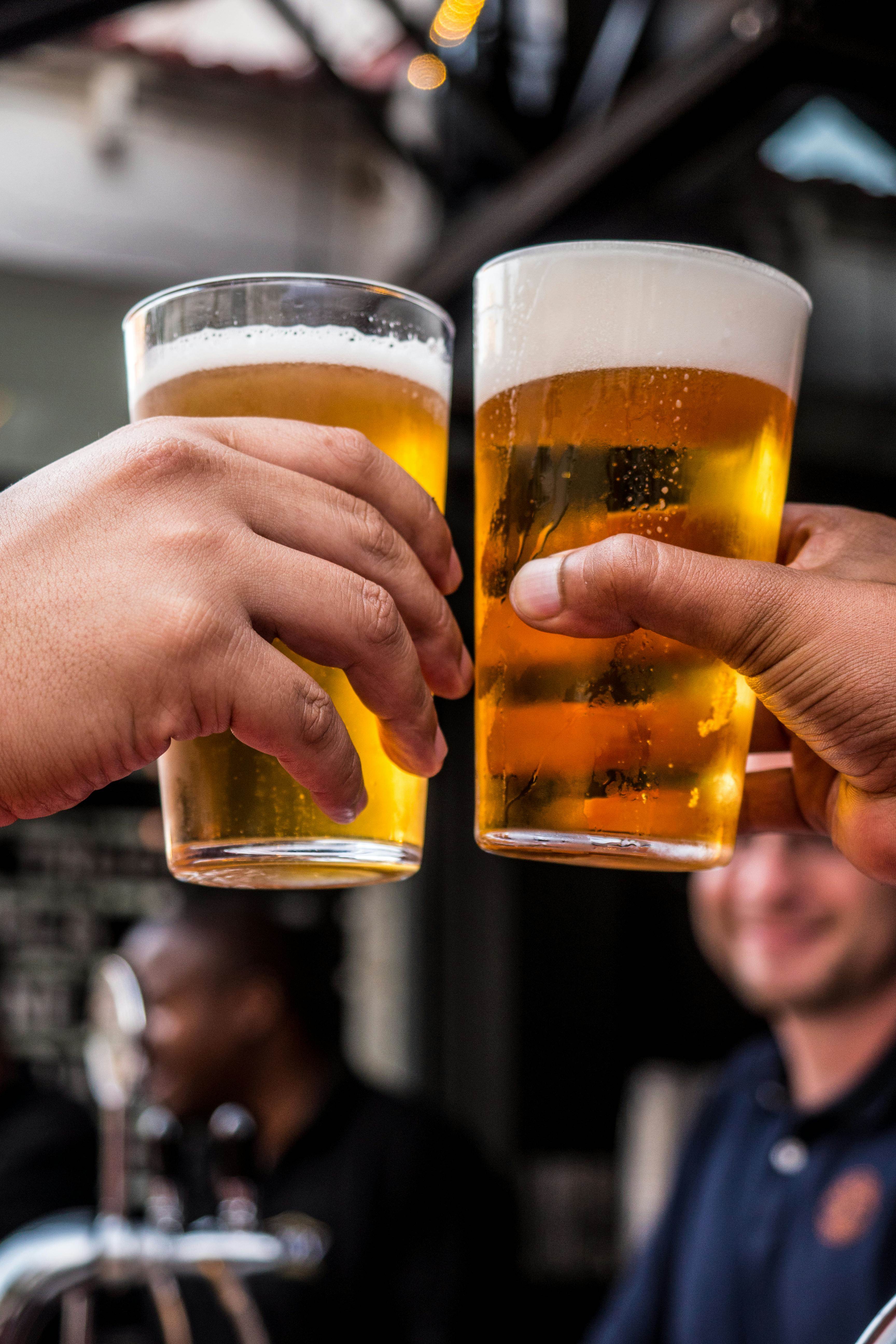What Is a DUI Checkpoint?
A DUI checkpoint is a temporary roadblock where police officers stop vehicles to check for signs of impaired driving. These checkpoints are typically set up during weekends, holidays, or after major events where drinking is more likely.
Unlike regular traffic stops, DUI checkpoints don’t require officers to have reasonable suspicion of a crime. However, they must follow certain legal procedures to remain constitutional.
Are DUI Checkpoints Legal in Florida?
Yes. DUI checkpoints are legal in Florida, but only when they meet specific criteria established by the U.S. Supreme Court and Florida courts. These include:
- A neutral, pre-determined plan for which cars are stopped (e.g., every 3rd vehicle)
- Advanced public notice of the checkpoint
- Clearly visible signs or indicators of an official checkpoint
- Minimal inconvenience to drivers
If any of these guidelines are not followed, the checkpoint could be ruled unconstitutional, and any resulting arrest could be challenged in court.
What Are Your Rights at a DUI Checkpoint?
When stopped at a checkpoint, you still have constitutional rights. Here’s what you’re entitled to:
- You have the right to remain silent – You’re not required to answer questions like “Where are you coming from?” or “Have you been drinking?”
- You have the right to refuse a search – Unless police have probable cause, they cannot search your vehicle without your consent.
- You can refuse field sobriety tests – These tests are voluntary in Florida. Refusing them may lead to arrest, but it can also prevent you from providing potentially incriminating evidence.
- You can (and should) ask if you are free to leave – If an officer is done checking your license and registration and hasn’t developed reasonable suspicion, you may ask, “Am I free to go?”
Keep in mind, however, that Florida’s implied consent law requires drivers to submit to a breath or blood test if lawfully arrested for DUI. Refusing a chemical test after arrest can lead to license suspension and other penalties.
What Should You Do if You’re Stopped?
Here are steps to take to protect yourself at a DUI checkpoint:
- Stay calm and respectful.
- Provide your driver’s license, registration, and proof of insurance when asked.
- Do not volunteer additional information.
- Politely decline to answer questions beyond your legal obligation.
- If asked to step out of the vehicle, comply—but remember your right to refuse field sobriety tests.
- Do not consent to a search of your vehicle.
It’s also perfectly legal to turn around and avoid a DUI checkpoint—as long as you do so legally and without committing a traffic violation.
Common Mistakes Drivers Make at Checkpoints
Even well-meaning drivers can make mistakes during a DUI stop. Here are some of the most common:
- Arguing with the officer or acting aggressively
- Admitting to having “just one drink”
- Agreeing to field sobriety tests thinking they’ll prove sobriety
- Allowing a vehicle search without probable cause
- Voluntarily handing over personal information unrelated to driving
Remember, anything you say can be used against you. Even small talk can lead to big problems if you’re not careful.
If You’re Arrested, What Happens Next?
If you are arrested at a checkpoint, it’s critical to act fast:
- You’ll likely be taken to jail, where you may be held until bail is posted.
- Your driver’s license could be suspended immediately.
- You’ll be given a court date for arraignment.
- The clock starts on your ability to contest your license suspension—typically just 10 days in Florida.
This is when experienced legal representation becomes essential.
Navigating DUI Charges in Southwest Florida
A DUI conviction in Florida can lead to severe penalties:
- Fines ranging from $500 to over $2,000
- License suspension or revocation
- Mandatory DUI education courses
- Ignition interlock device installation
- Possible jail time—even for a first offense
The consequences are even more serious for repeat offenders or if the DUI involved an accident, injury, or a minor in the vehicle.
